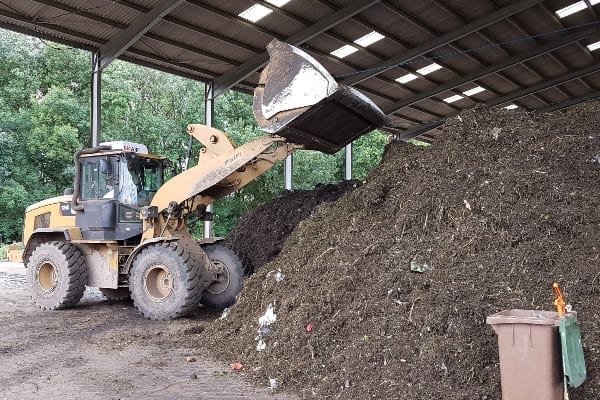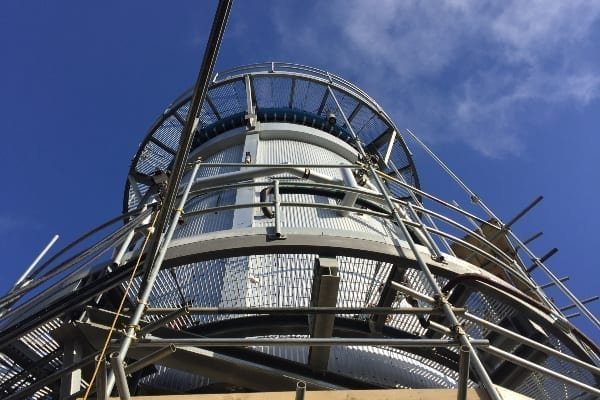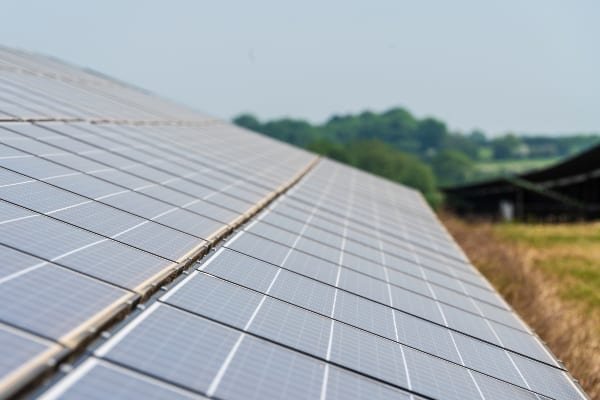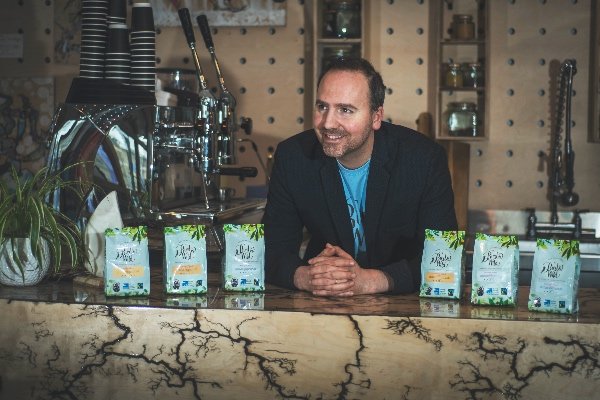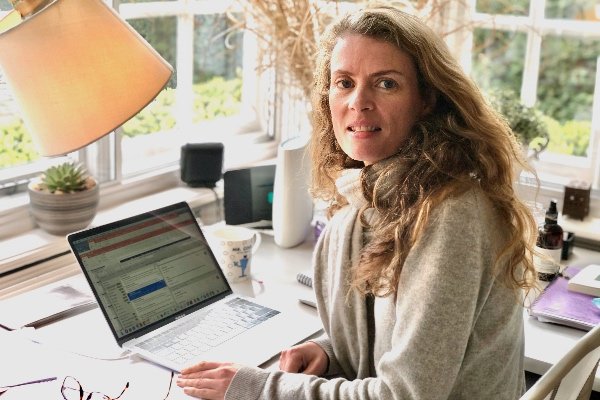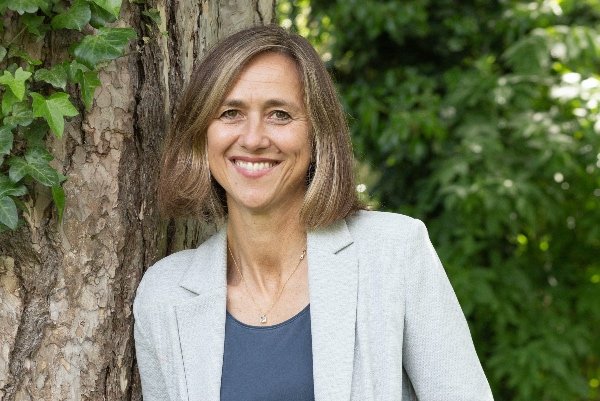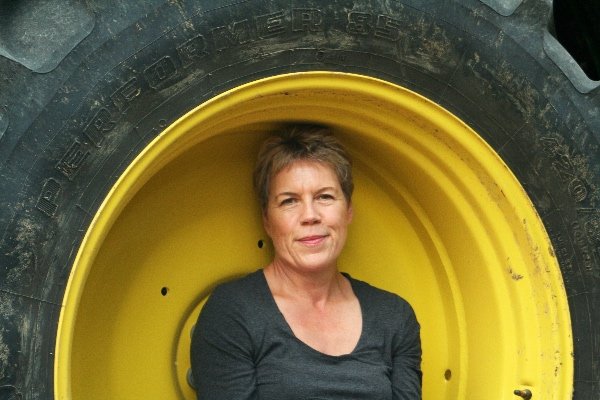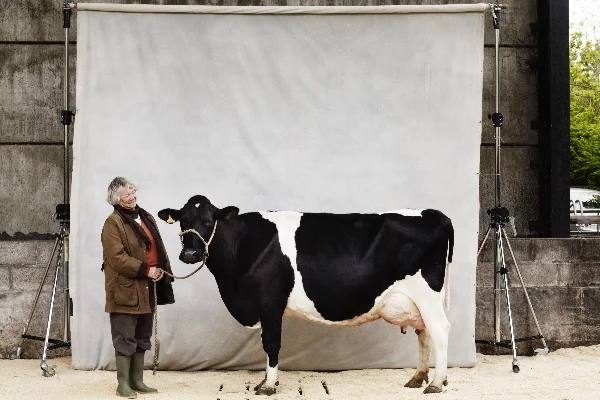This article first appeared in our spring ’19 issue of MyGreenPod Magazine, The Organic Revolution, distributed with the Guardian on 31 May 2019. Click here to subscribe to our digital edition and get each issue delivered straight to your inbox
Our current systems seem incapable of delivering the results we need.
The UK has a target to recycle 50% of its waste by 2020, but the rate has hovered at around 45% for the last seven years. Though the UK’s renewable energy sector is growing, we still rely on fossil fuels. In 2017, a Morrisons report revealed Britain was only 52% self-sufficient in food, with just 23% of the fruit and vegetables eaten in Britain actually grown here.
We need to reinvent our food, waste and power sectors – as a start – but there’s a significant shortage of funding for UK businesses, particularly those seeking the innovative solutions we so desperately need.
‘Over the years, and since 2008, banks and institutions haven’t had any appetite to take on risk’, says Ben Prior, CEO of environmental fund manager Earthworm. ‘Financial institutions are also geared to invest in large projects – a scale that new technologies often don’t achieve.’
Finance for the few
Mainstream finance will need to reevaluate the way it lends if it wants to serve all types of business. Ben saw this for himself while working in the City; as he began to understand how finance worked, he drew the conclusion that it was mostly structured for the few, not the many.
‘Any environmental and social governance was pretty much a box-ticking exercise’, he remembers. ‘The finance industry should be there to serve industries and nurture innovation; instead it became an industry in its own right, which focused on serving itself.’
Ben doesn’t believe the mainstream sector will be able to move fast enough to compete with the disruptive financial models that are coming to market, such as crowdfunding and challenger banks. ‘If an industry is not serving its customers well enough, which you can definitely argue in the case of banking and investment, then change is inevitable’, he tells us.
Democratising investments
Ben founded Earthworm to provide finance to help start-ups and scale-up businesses that contribute to the circular economy while delivering a good return for investors. For the last 10 years, Earthworm has focused on the food, waste and power sectors.
Its first project, back in 2008, was a 30,000 tonne per annum composting facility (main image). £2m was raised to build the facility through an EIS (Enterprise Investment Scheme) fund, and the composting plant was completed on time and on budget.
In 2014 Earthworm raised £3.34m in EIS funds to launch Earthworm Energy, its solar development business. This was followed by Reliance Energy, Earthworm’s back-up power development business, which raised £5m in EIS funds. In 2018 Earthworm submitted plans to build the UK’s largest vertical herb and salad farm in Crowland, Lincolnshire, marking the beginning of Earthworm Food.
To democratise ethical investments and provide an antidote to the corporate investment culture, Earthworm has launched a Bond that’s open to everyone, not just career investors.
Access and Growth Bonds are available, with interest rate options between 4.75% and 7.5% a year. The investment terms range between three, four and five years. ‘We are growing and have ambitious plans for our product range’, Ben says. ‘Every new offering will help everyone in our community, at the centre of which are the companies we support and our investors.’
While it can be a challenge to keep a healthy pipeline of investment opportunities, Earthworm is looking at somewhere in the region of £100m of potential projects, meaning it’s ready to invest funding at any time.
De-risking ethical projects
The composting plant was selected as Earthworm’s first project because Ben felt it was important to show investors that Earthworm could build and operate a site from scratch.
‘A lot of our competitors don’t have the practical, day-to-day knowledge of physically operating sites, and we feel that this gives us a big advantage’, Ben explains. ‘Not only can we help and advise companies seeking finance because we’ve ‘been there and done that’, but the knowledge we have should also de-risk the project from an investor’s perspective.’
When Earthworm’s original EIS fund was launched, Ben was ‘elated’: 17 investors had been prepared to give Earthworm a chance to succeed. ‘When the project exited the overriding feeling was relief’, Ben remembers. ‘We put a lot of pressure on ourselves to ensure that investors received the best possible outcome from our projects. When we achieved that exit, it did feel like a validation of our idea – and a big victory over the numerous banks and institutions who weren’t prepared to give us the time of day when we were seeking funding.’
Conscious capitalism
Ben believes it’s only a matter of time before ethical finance goes mainstream. ‘It will happen quicker than you think’, he says, ‘driven by the younger generation who will simply insist on it. If I had to put a timescale on it, I’d say in the next five years.’
Of Earthworm’s original investors, Ben estimates that around 90% of their decision-making revolved around achieving a financial return and 10% about the additional environmental or social benefits. Today Earthworm has nearly 1,000 private investors, and Ben would put the ratio at 70/30.
 Play Video about This Rock Might Just Save The World
Play Video about This Rock Might Just Save The World Play Video about Play 2 hours of rock
Play Video about Play 2 hours of rock Play Video about Play 2 hours of brook
Play Video about Play 2 hours of brook Play Video about Play 2 hours of sheep
Play Video about Play 2 hours of sheep

















